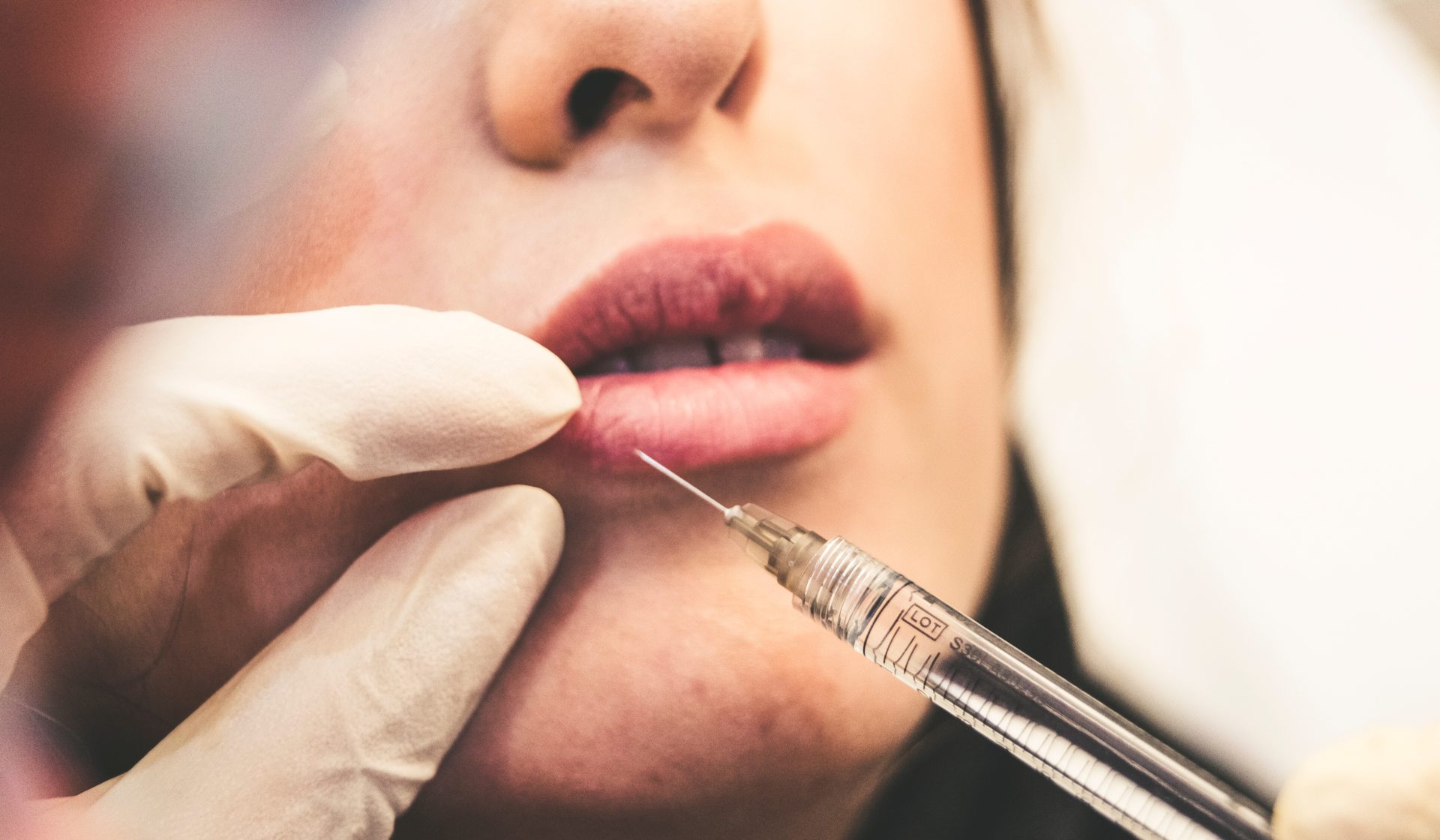MPs have warned that the ‘complete absence’ of regulations for non-surgical cosmetic treatment is dangerous and must end, with a call for new rules to be introduced.
In February, the UK’s Advertising Standards Authority ruled that social media influencers were, by law, to disclose when using beauty filters to promote products.
This was not enough to protect the self-esteem of impressionable young people, however. Thanks to lockdowns and a ‘Zoom boom’, the industry is in fact growing and continuing to thrive, with more interest in surgery than ever before.
Now, MPs are seeking to make the currently unregulated non-surgical cosmetic treatment industry safer and have called for some pretty significant changes.
They recommend that dermal fillers should be prescription-only and that providers should be legally required to have monitored qualifications in order to perform invasive procedures such as waxing, laser, and micro needling.
But why the sudden decision?
Last month, the All-Party Parliamentary Group on Beauty, Aesthetics, and Wellbeing published their year-long report into the rising popularity of such treatments, outlining that while demand has ‘exploded’ as of late, the government has failed to regulate the sector, putting patients in harm’s way.
According to analysis by the Department for Health, 41,000 botulinum toxin procedures may have been carried out on under-18s in 2020 and more than 29,300 dermal filler procedures may have been performed on under-18s over the past four years.
‘There is a complete lack of a legal framework of standards which has left consumers at risk,’ it reads, blaming digital platforms like Instagram for driving interest. ‘Practitioners are destroying the industry’s reputation by practising completely unqualified and victims are scarred for life.’
When administered incorrectly, dermal filler can cause complications including vascular occlusion which is when the substance accidentally enters a blood vessel, causing it to become blocked and destroy the surrounding tissue.
This is just one of the alarming potential outcomes referenced by APPG, which launched the enquiry due to the normalisation of teenhood procedures and the doubling of complaints over botched aesthetic fillers in 2020.
View this post on Instagram



















